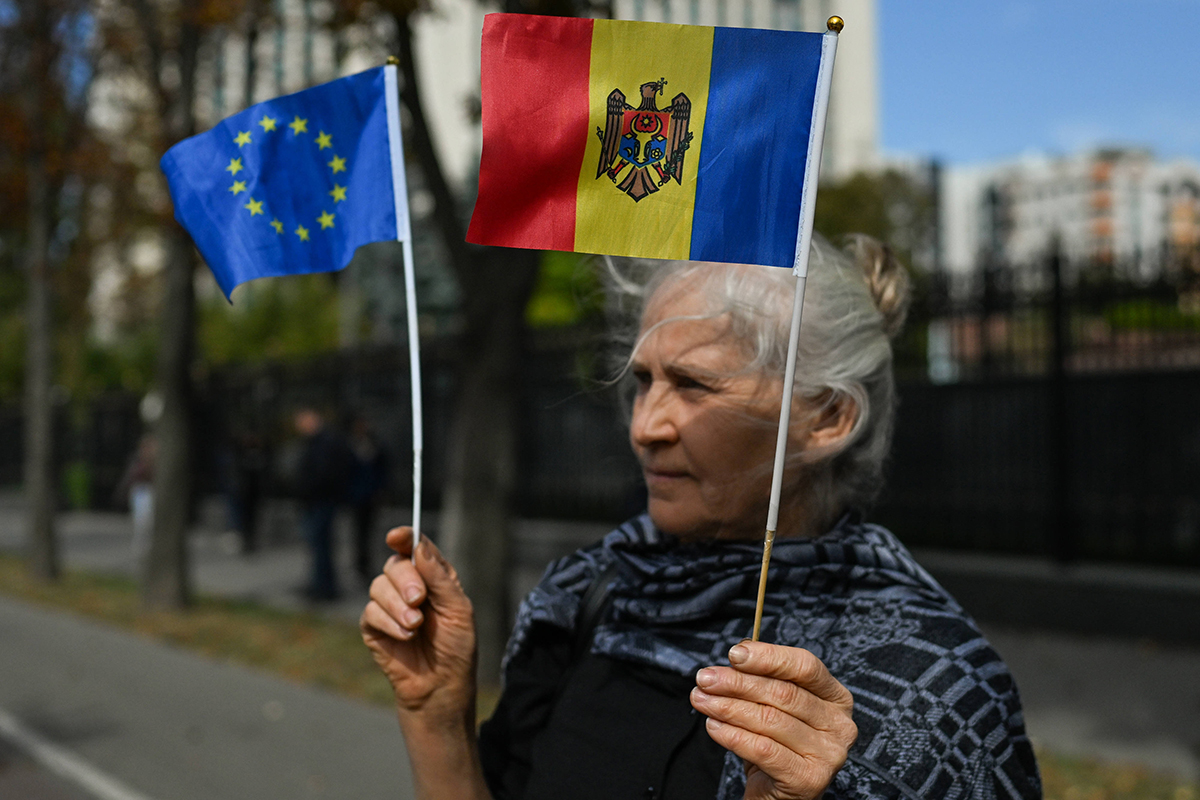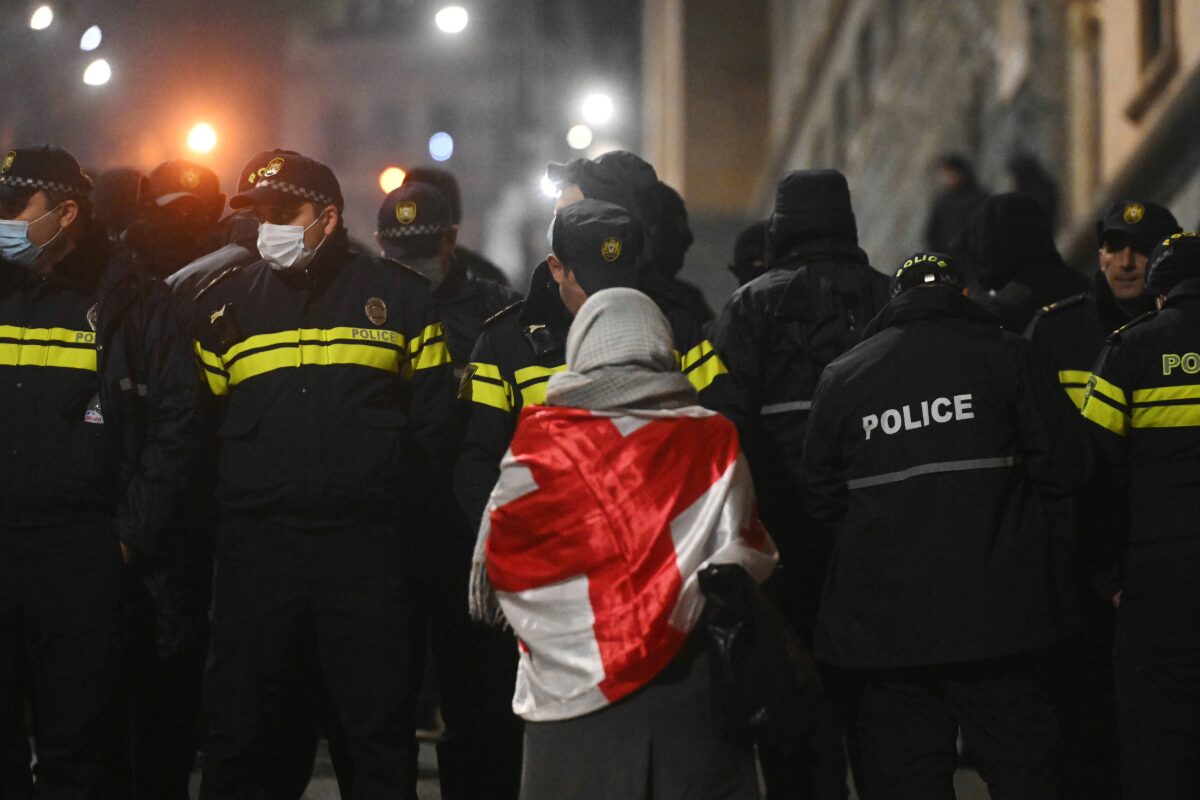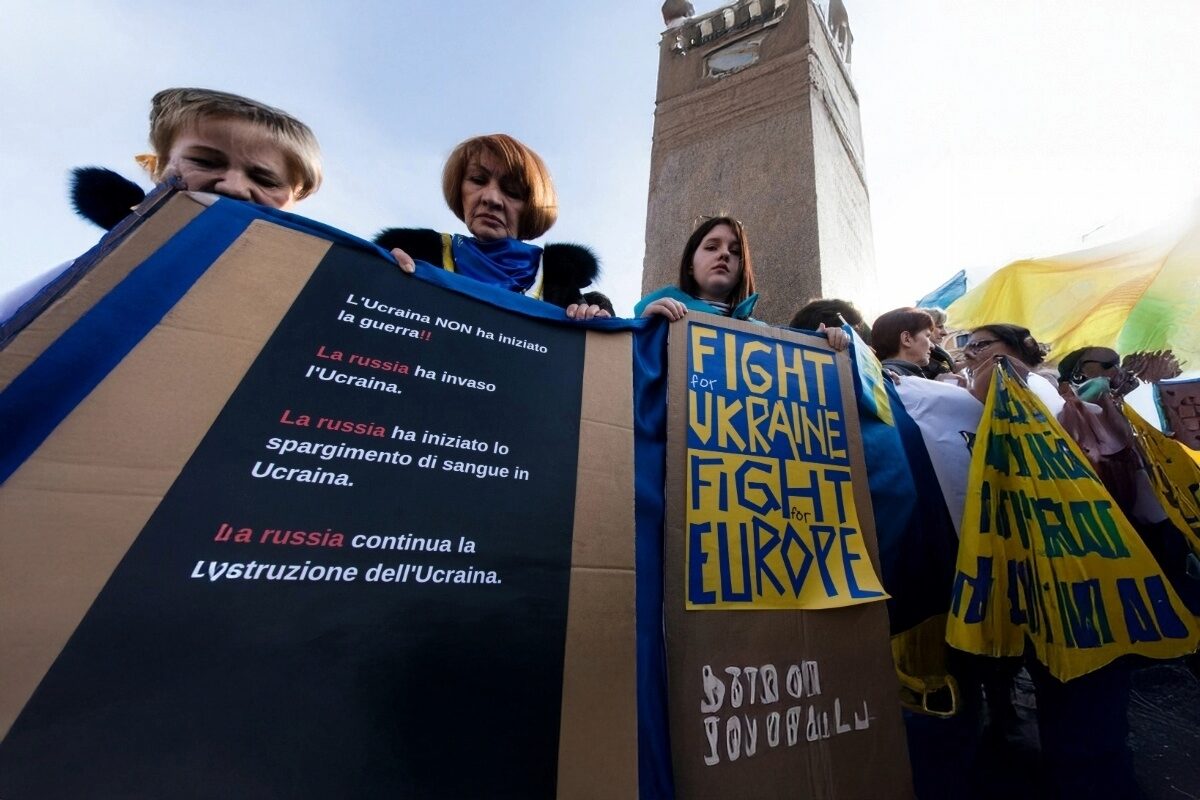Mission Statement — LibMod

What’s the Center for Liberal Modernity is about.
I
Point of Departure
Crisis of liberal modernity / Crisis of the West
The years ahead are crucial for our societies. Things that previously seemed a given are now in doubt: European unity, the transatlantic alliance and liberal, open societies. This is the time to become actively engaged.
Liberal democracy is under pressure. It is challenged from both, within and from outside. In the United States, Donald Trump rode to victory on a wave of rage against the political establishment. There is reason to fear that America is changing from being a longstanding, central a pillar of liberal international order towards becoming its gravedigger: trade wars instead of open markets, narrow-minded nationalism instead of multilateral institutions, curtailment of democratic freedoms in lieu of the defense of liberal values. Europe has been caught up in this rollback for some time. Anti-liberal parties and populist leaders are on the rise from Scandinavia to southern Europe. The United Kingdom is breaking away from the European Union. And in Germany, the Alternative for Germany (AfD) is on the verge of succeeding as a force challenging the system from the right.
Diverse as they are, these phenomena have some striking commonalities: They contrast a retreat into the national community to open societies; they contrast the protection of local economy to globalization; and they contrast the fiction of ethnic and cultural homogeneity with the diversity of modern societies. They prey upon fears of downward social mobility, and thrive on feelings of inability to cope with the pace of economic and social change, latent among certain segments of society. At the same time, brash and self-assured authoritarian regimes confront Western Democracies with new rival systems, rejecting the path of liberal democracy and universal human rights. Islamic fundamentalism is only one of the radical counter movements to Western modernity. The concept of “illiberal democracy” is finding adherents more broadly elsewhere in the European Union.
The Kremlin has become the headquarters of an international anti-liberalism, with networks throughout Europe. Sowing division between the US and Europe is a long-term project of the Russian policy of hegemony, paralleled by a measure of anti-American sentiment in European societies. Moreover, Moscow calls into question the foundations of the peaceful post WW2 order in Europe. Whether we like it or not, today Ukraine has turned into a touchstone for Europe’s future.
At stake is nothing less than the project of liberal modernity: the very combination of the rule of law, individual freedom, political pluralism and cultural diversity that has taken shape since the Enlightenment. Human rights and human dignity are both, its point of departure and its goal. They are the essence of what has been learned from the horrors of the last century, and the counter-programme to totalitarianism and barbarity. Modernity, with its principles of separation of powers, civil rights and a critical public, can be seen as the unfolding of these values. It has gone hand-in-hand with the tremendous development of productive forces through the conjunction of science and entrepreneurship, through the social advancement of broad sections of the population, and through the incremental expansion of democratic self-determination to include ever more segments of society.
As it stands, this triad of economic growth, social progress and democracy has broken apart. Confidence in a better future seems to be waning. Polarisation between the winners and losers of globalisation and fear of social decline are facilitating the rise of anti-democratic forces. In the face of the simultaneity of fundamental changes, feelings of uncertainty are taking hold: global competition and the digital revolution, the immigration of millions of people from other continents, the ongoing European debt crisis and the armed conflicts on the European periphery are generating a sense of loss of control and anxiety about the future.
Defending liberal modernity is more than a conceptual challenge. It demands political answers to the great challenges of our time: globalisation, migration, climate change, social participation and the technological revolution. We need a new concept of progress as a counter-project to the politics of fear.
II
What is to be done?
The first challenge: The rise of anti-liberal forces in Europe and the electoral victory of Donald Trump call into question the future of the West. They signal that the transatlantic community of shared values has eroded internally. European unification took place under the protection of the United States. Now it is up to Europe to take on more responsibility for its own security and to defend its shared values. We need to form a transatlantic alliance of democrats against the interplay of anti-liberal forces on both sides of the Atlantic. At the same time, we must do everything possible to strengthen European cohesion. We do not want a European central state, but we want common policy in the areas where it matters most: security, the European neighbourhood, economy and finances, and coordinated refugee and immigration policy.
The Federal Republic of Germany’s close ties with the West must remain a pillar of European security and democracy. Those who wish to replace them with a Berlin-Moscow axis are abandoning the normative foundation of German foreign policy. The re-establishment of cooperative relations with Russia is in Germany’s and Europe’s interest, but it cannot take place at the expense of the sovereignty of the countries of East Central Europe. We categorically reject a New Yalta, a fresh partitioning of Europe along the lines of power politics. Cooperation with Russia must build on the principles of the European peaceful order that was agreed in the Helsinki Protocol and the Charter of Paris.
The second Challenge: Conveying a sense of security in a changing world is key to the defense of an open society. Freedom and security must not be played off against each other; rather, they are interdependent. This includes a minimum level of social security (protection from poverty), but it also and especially includes empowering people to cope with change confidently. Citizens must become active players in change, rather than feeling merely at its mercy. The educational system plays a key role in this. Investing in education and professional qualifications, from nursery to university, is an investment not only in the future of the economy, but also in democracy. Analytical capabilities and orientation must be imparted to counter the flood of conspiracy theories, half-truths and full-blown lies that circulate through social networks daily. At a broader level, education and science are becoming the most important productive force of the digital age.
The third challenge: Social issues are a linchpin in the struggle for an open society. In large parts of the world, social inequality has been on the rise since the 1990s. Most of the gains in wealth have been concentrated at the top of the social ladder. Companies operating globally minimise their tax payments while the fiscal burden on SMEs grows. Pressure on the middle classes is growing, and at the same time the number of the working poor has increased. Fear of social decline provides grist to the mills of populists. The social market economy, with its promise of prosperity for all, was one of the great achievements after the World War II catastrophe. It made upward mobility possible for broad sections of the population, and it provided for political stability. Today we urgently need a renewal of this model, a third way between laissez-faire capitalism and a state-run economy. This includes strong public institutions and a sustainable regulatory framework for markets, a fair distribution of the costs of funding public services, and a deeper understanding of companies’ social and environmental responsibilities.
The fourth challenge: The ecological modernisation of industrial society is a key to reclaiming economic dynamism and confidence within our society. It connects the protection of the planetary ecosystem with a new phase of scientific and technological innovation. We must address climate change, the overexploitation of natural resources, endangering our oceans and fertile farmland. However, “zero growth” is neither desirable nor realistic in light of the needs of billions of people. The answer to the environmental challenge is to decouple value creation from consumption of natural resources. This demands nothing less than a new industrial revolution, leading to a long wave of innovations, investments and work.
We are in the midst of a serious struggle over the future of liberal modernity. The new central axis of political conflict runs not between left and right, but between anti-liberal forces and the defenders of an open society, between withdrawal into the enclosed nation and global interconnection, between cultural diversity and authoritarian prescriptions for how we are to live and what we are to believe. It is time to take on this broader challenge and to fight for the renewal of democracy and the market economy.
![]()
Verwandte Themen
Newsletter bestellen
Mit dem LibMod-Newsletter erhalten Sie regelmäßig Neuigkeiten zu unseren Themen in Ihr Postfach.





